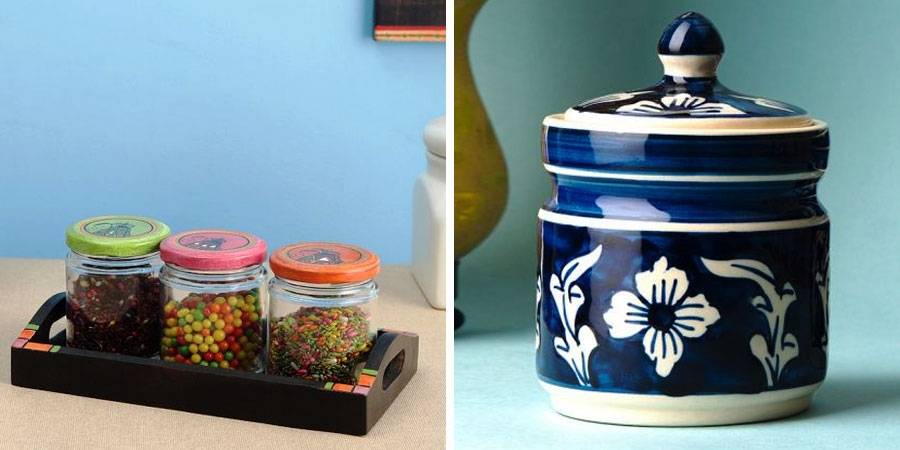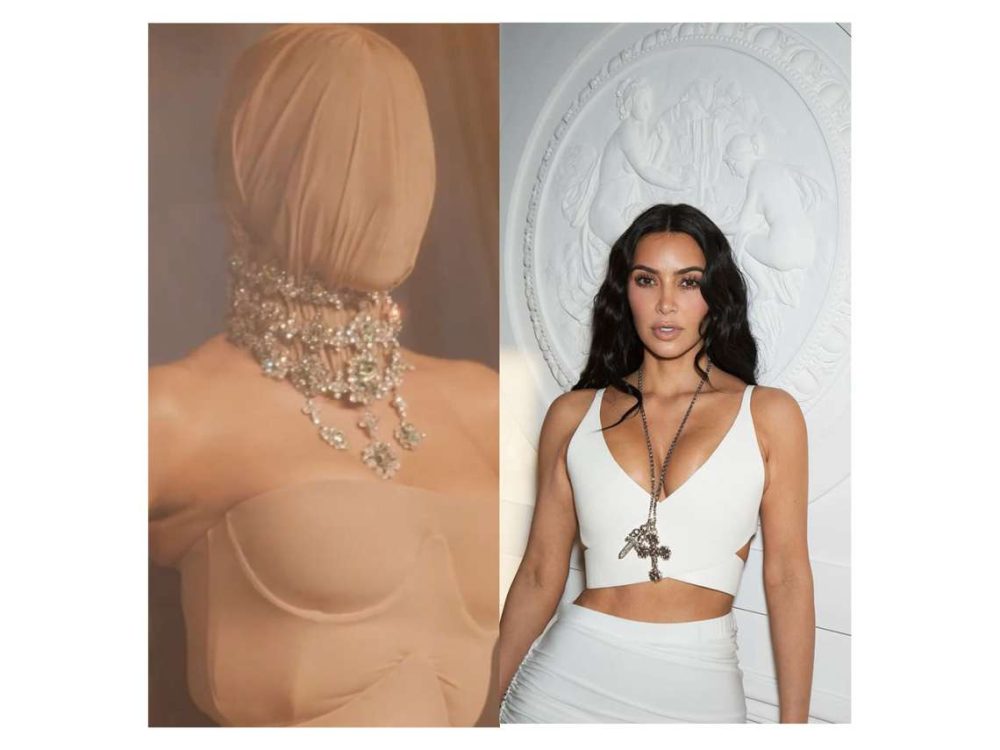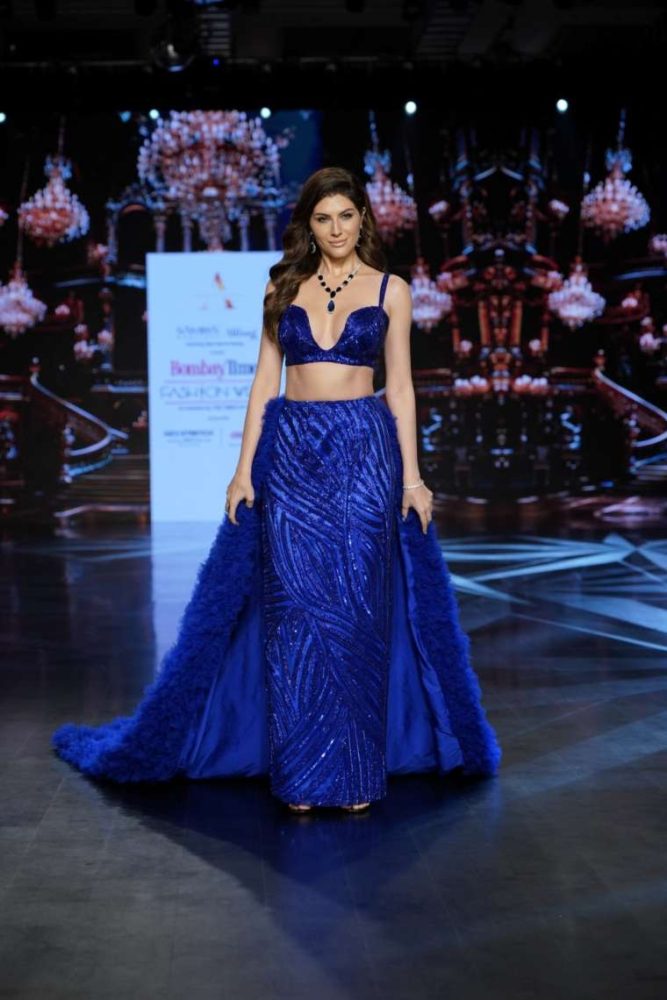Fashion is an enemy of the environment. I shall not list the statistics, we should all be aware of them and know by now that fashion is the second most polluting industry…writes Sujata Assomull.
I have missed dressing up, just wearing an easy summer dress putting on some mid heels (am not ready for those towering stilettos as yet, and I am not sure if I ever will be again), layering on a few necklaces and pulling out my favourite envelope clutch is such a treat.
Fashion brings joy to many of us, you feel good when you wear something that makes you feel good. As renowned Professor of psychiatry Raphael Bonelli said, “An interest in fashion and personal appearance is a sign of mental health. Psychiatrists are able to infer changes in mood from changes in their patient’s clothing.” It is a scientific fact– fashion is therapeutic!
It is this very feeling that many fashion brands bank on, and it’s the reason ultra-fast fashion has gained such momentum as we come out of lockdowns. Our time at home should have taught us, the never ending trend cycle is putting too much pressure on us and on the earth. It was back in 2015, that Anna Wintour declared that “Trend is an Ugly Word”.
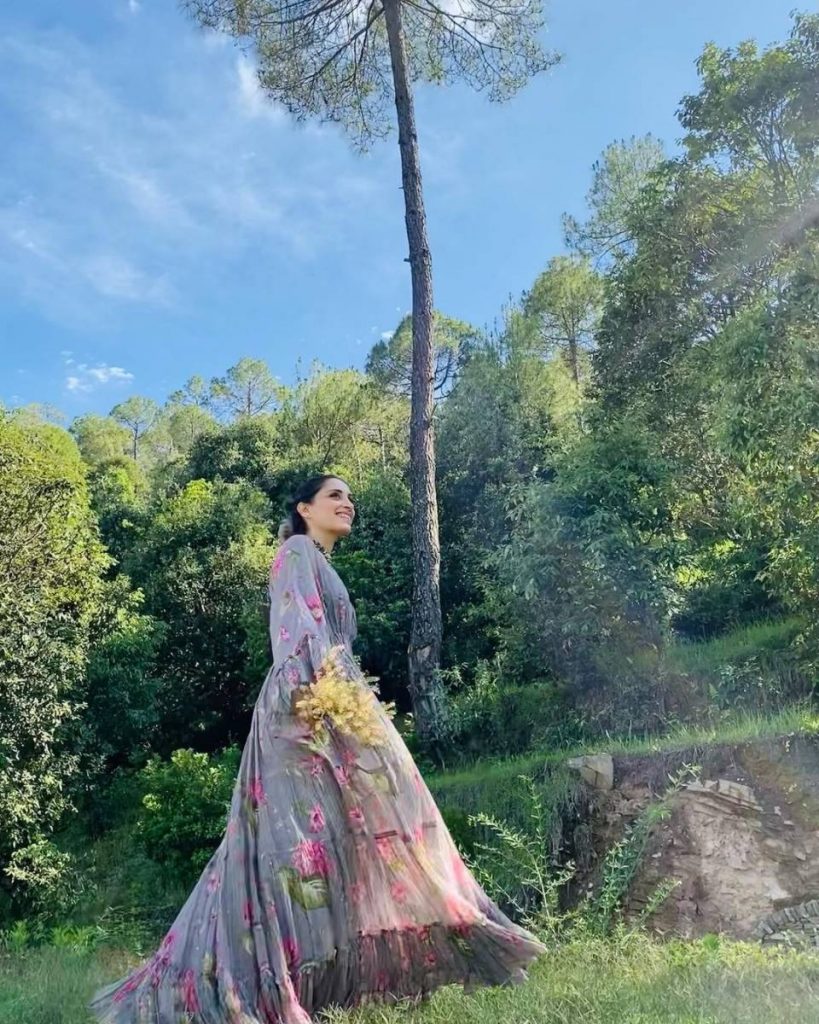
There is no denying that the very nature of fashion is cyclical but the whole process had gone on “speed”. Fashion is an enemy of the environment. I shall not list the statistics, we should all be aware of them and know by now that fashion is the second most polluting industry.
Hopefully, now we understand the need to be more conscious. The never ending cycle was also hard work, keeping up with trends meant your wardrobe always needed an update. It was an exhausting process. But on the flip side is the joy that dressing up brings. So how does one balance them both?
Thirty eight-year-old Delhi based Amrita Thakur is a fashion designer and also fashion influencer says, “I know I will now make smart choices when I shop.” She says during this time she has made develop a penchant for jewellery, and currently has her eyes on a dainty emerald necklace she can wear on a daily basis. “It does seem like you can have a longer partnership with jewellery than a dress.” As a designer, the lockdown made her realise that she needs to have a “seasonless” approach to fashion. “I have missed dressing up but I know I want beautiful things I can wear every day, that do not date. A client does want to buy something, and then find that just a few months later as things are opening up that piece no longer works.”
Sanjana Rishi, 30, a lawyer by training and a well-known conscious clothing advocate, is happy to admit that she loves fashion. “This time has made me aware of what I already own, to cherish the things I have bought already that are in my cupboard. I look forward to wearing them again. They could be pieces from H&M or Zara, but they are pieces I bought and I love, so I cannot wait to wear them again.” Rewearing and Restyling will be her new mantras and one of her top tips is to take dupattas or scarves and turn them into fun tops for the summer.
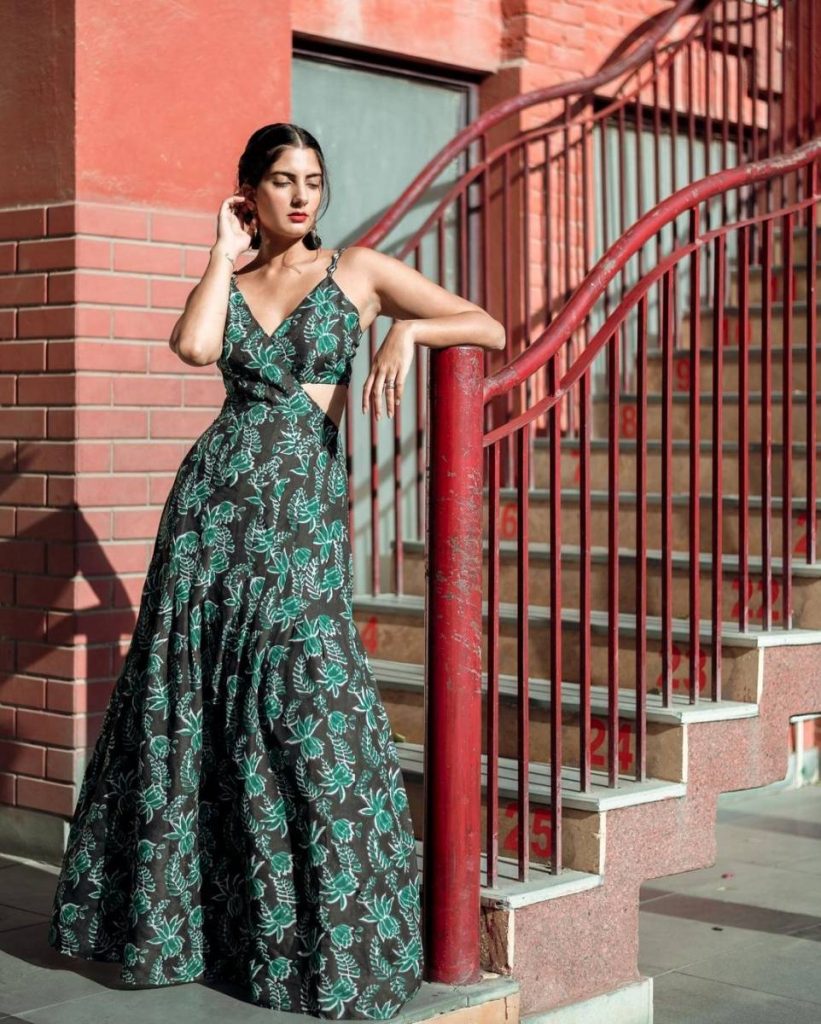
A strong ‘vocal for local advocate’ any future fashion choices will come from homegrown brands that take a conscious and ethical approach to fashion. “It is important to support our local brands now. Be it a Tarun Tahiliani or a Doodlage.” And says her next buy will be an investment one. “Something that is hand embroidered may be a chikan lehnga, a piece I can wear again and again and that also speaks of this country’s craft heritage. Honestly I cannot wait to dress up again.”
It’s time to ditch the word trend from our fashion vocabulary and perhaps replace it with the word timeless. Not only will this make sure we are more sustainable in our approach to clothing, but it will make our fashion choices more about our personal style than industry diktats.
The writer Sujata Assomull is an IANSlife columnist. Assomull is the author “100 Iconic Bollywood Costumes” and was the Founding Editor In Chief of Harper’s Bazaar, India.






